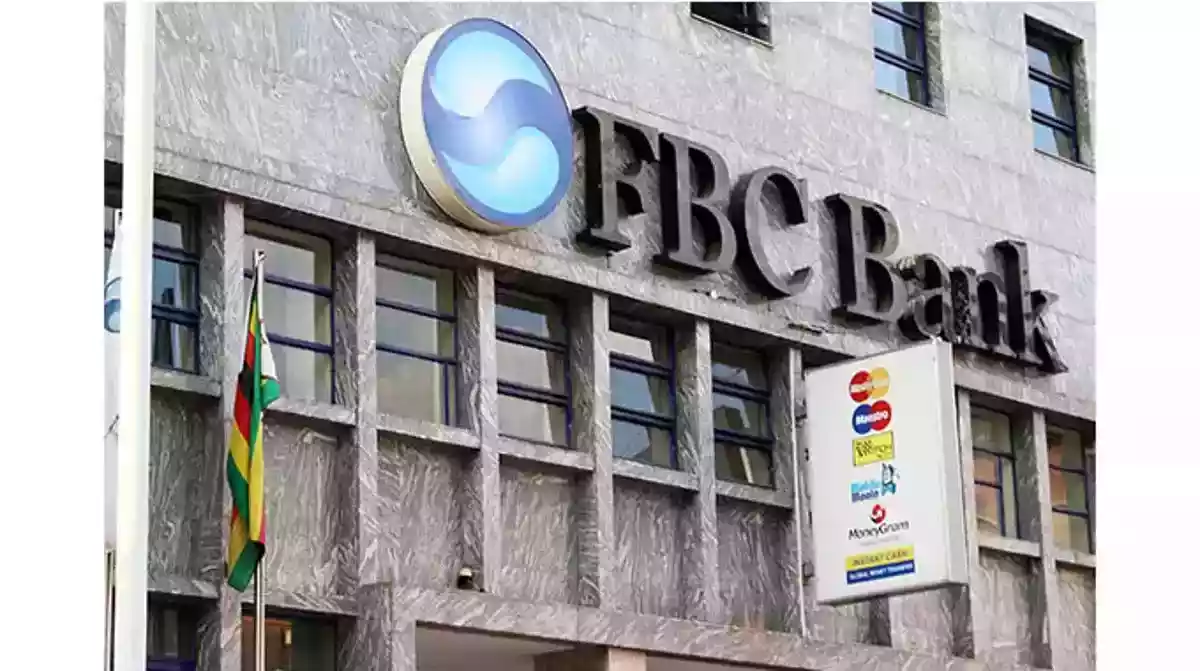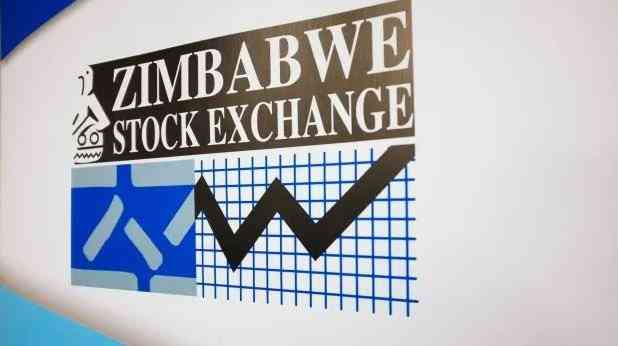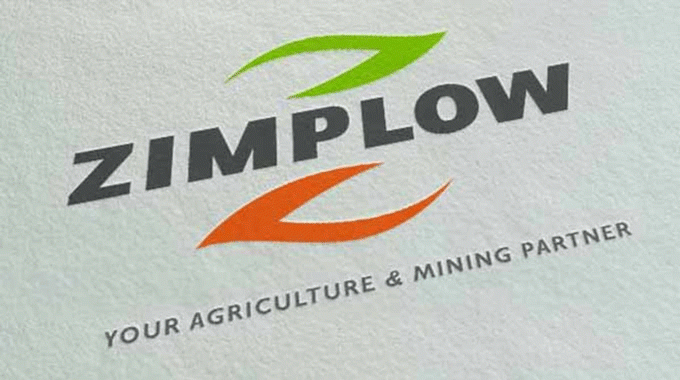
ZIMBABWE needs to prioritise restoring credibility with international financiers to drive economic growth, the Mutapa Investment Fund (MIF) has said.
The country’s deteriorating credit score has made it increasingly difficult to secure funding, with sceptical investors and lenders wary due to Zimbabwe’s debt crisis, which now exceeds US$20 billion, according to official data.
“Once you have credibility, then you will find that access to credit comes a lot easier,” MIF chief investment officer Simba Chinyemba told businessdigest. “I think that what has happened in the past is that certain entities have been given government guarantees, and they have then gone on to default anyway.
“In such a situation, would you blame any lender for not wanting to touch it? So, we have to build our credibility over time.”
He said state-owned enterprises (SoEs) under MIF should maintain neutral balance sheets as they seek funding, leveraging the country’s natural resources to attract investment.
“Part of what we are doing is using this change that has happened, where entities have been moved into our portfolio, almost as a clean slate,” Chinyemba said.
“We may not have a track record, but we have some level of credibility as we are now one coalition. I think when the profitability of a lot of these entities increases that will allow us at Mutapa to leverage on a much healthier, neutral balance sheet to then be able to access finance and give outs.
“We are working on leveraging some forms of mineral resources. So at least we can put structures in place to allow us to get some funding.”
- Mnangagwa renames Sovereign Wealth Fund of Zimbabwe
- Is Zim ready for Sovereign Wealth Fund?
- Mutapa Fund needs scrutiny
- Go back to the drawing board
Keep Reading
However, he acknowledged that attracting investors remained a work in progress.
“Well, I will have to get back to you on that in terms of the actual number, but we have invested quite a bit,” he noted.
“I mean some of it, these are companies that have been functioning anyway and we have maybe assisted them to conclude certain initiatives that would have resulted in bringing capital into the country. But we have a long way to go.
“There is a real need for investment in a lot of these businesses. I may not be able to give you an exact number at the moment, but I would say it is quite significant.”
Chinyemba pointed to the US$500 million investment secured for the Sandawana mine and ongoing efforts to secure deals for the Zimbabwe Electricity Supply Authority (Zesa) and the National Railways of Zimbabwe (NRZ) as examples of progress.
He expressed confidence that loss-making SoEs under MIF could become profitable with the right strategies.
“Looking at the state-owned enterprises, there is hope for them to be turned into profitable enterprises,” he said. “I would not be here if there was no hope, right? I completely believe that those that are loss-making can be made profitable or at least efficient so that they can provide the important services that most of those companies that are under Mutapa were made for.”
He added: “Looking at them, these are essential services companies within our economy and they must at least operate efficiently so that they can sustain their operations on their own and at best operate profitably. It is my belief and the whole Mutapa investment team that we can make that happen if the right strategies are put in place. Now you have been actively engaging with these entities.”
For SoEs to improve their performance, Chinyemba said they needed to upscale their corporate governance, while working on a mind-set shift towards improving integrity and ethics.
“If any of our entities are not practicing good corporate governance then they will find it very difficult to deal with us as the umbrella body because for us it is very important,” he said. “We expect that to go all the way from the board down to senior management and middle management. We are expecting good corporate governance, integrity, and ethics from our entities.
“We believe that if those things are fixed, the operational aspects of a lot of our entities are not so difficult. Fix your corporate governance and everything else will fall in place.”
There are 30 SoEs and parastatals currently under MIF, which gives it a portfolio of 66 firms, including intermediary holding companies, operational and dormant entities, listed companies and the SoEs themselves.










